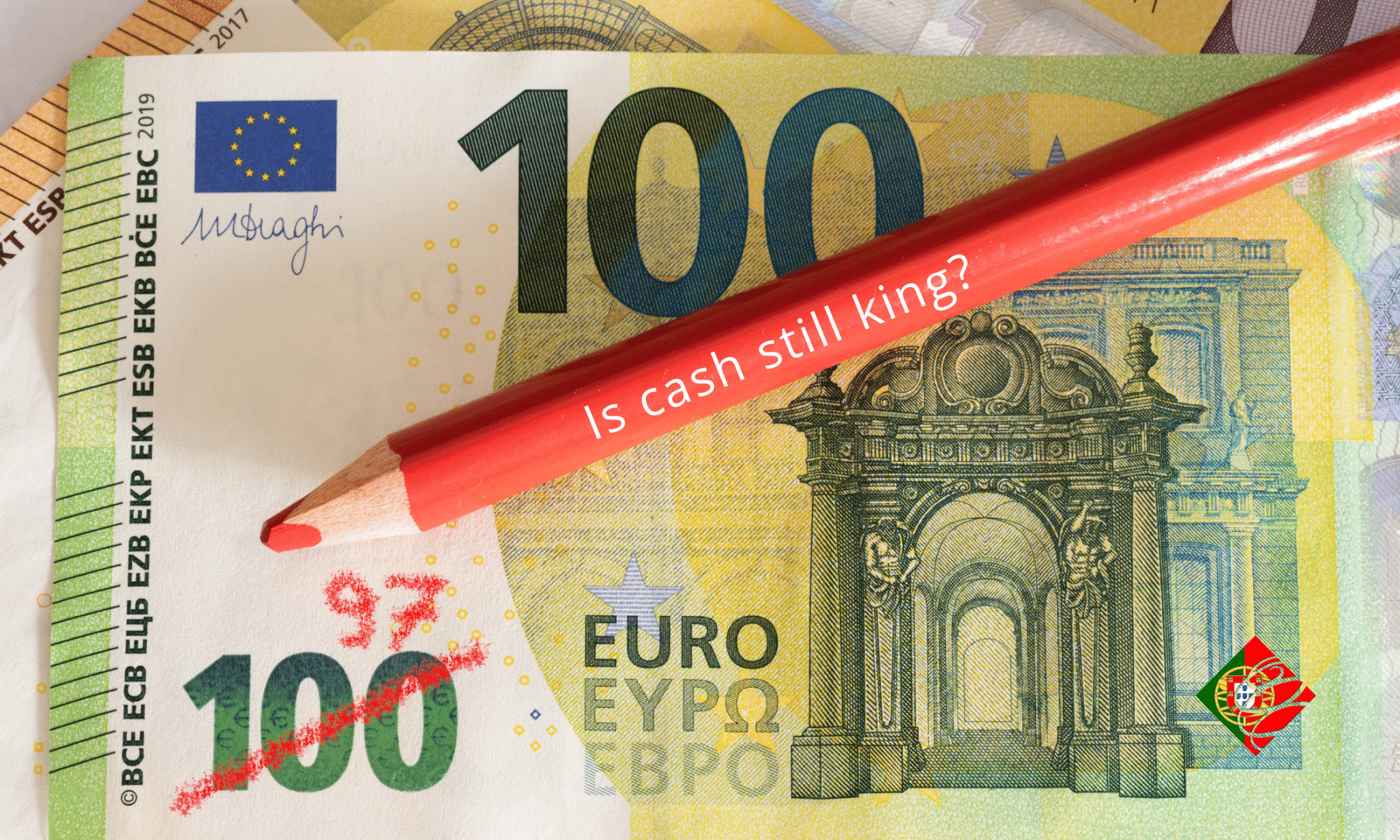In the words of Warren Buffett, “The one thing I will tell you is the worst investment you can have is cash”.
If one of the world’s most successful investors believes this, let’s look at some of the reasons why holding large amounts of cash is bad for long-term financial planning.
Inflation
We all need access to cash for daily spending and emergencies, so it is important that you hold enough cash on deposit for if the boiler breaks! But holding large amounts of cash over long periods is damaging when the interest rates are well below the rate of inflation.
To illustrate this in real terms, if your annual spending was £10,000 in 2011, you would need £12,968 in 2021 to make the same purchases as inflation averaged 2.6% p.a. However, during that same period, the average savings account interest rate was 1.6% p.a. so the same £10,000 in a bank account would only have grown to £ 10,160.
Low-interest rates
Interest rates offered by banks to customers rarely beat inflation, so using this as a long-term savings strategy is not ideal.
According to the most recent data available provided by the Bank of England and Portugal, the average UK deposit interest rate offered in December 2021 was 0.3% and the average rate in Portugal was 0.06% as at December 2020.
With inflation currently sitting at 5.4% and 3.3% for the UK and Portugal respectively, we can see that inflation will rapidly erode the value of your savings.
Taxation
One of the commonly overlooked factors when making any investment is the tax consequence. In the UK there are great tax-free savings vehicles such as ISAs, but here in Portugal, the choice is much more limited but that does not mean that tax-efficient savings are not available.
For those with NHR, there is not so much of a concern as foreign earned interest is tax-free. However, for normal residents, all interest paid is taxable at 28%. Please note, interest from bank accounts held in blacklisted jurisdictions such as Guernsey, Jersey and the Isle of Man is always taxable at 35%.



